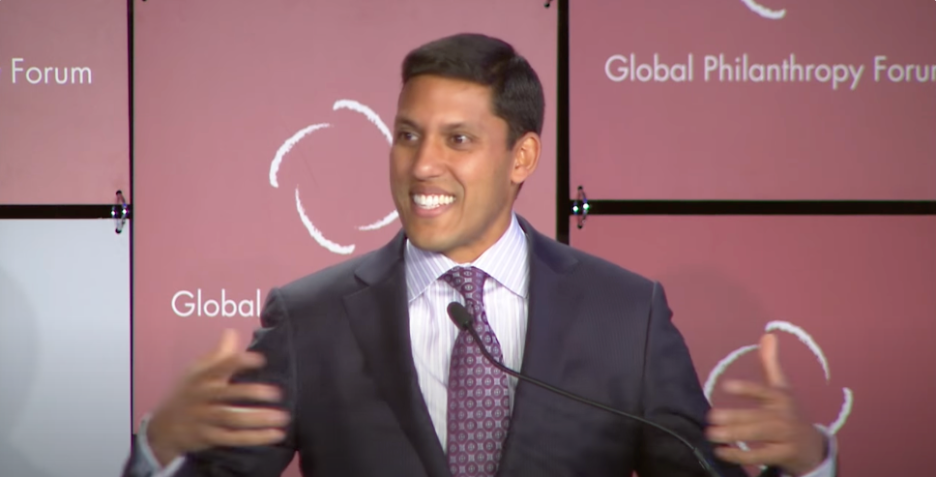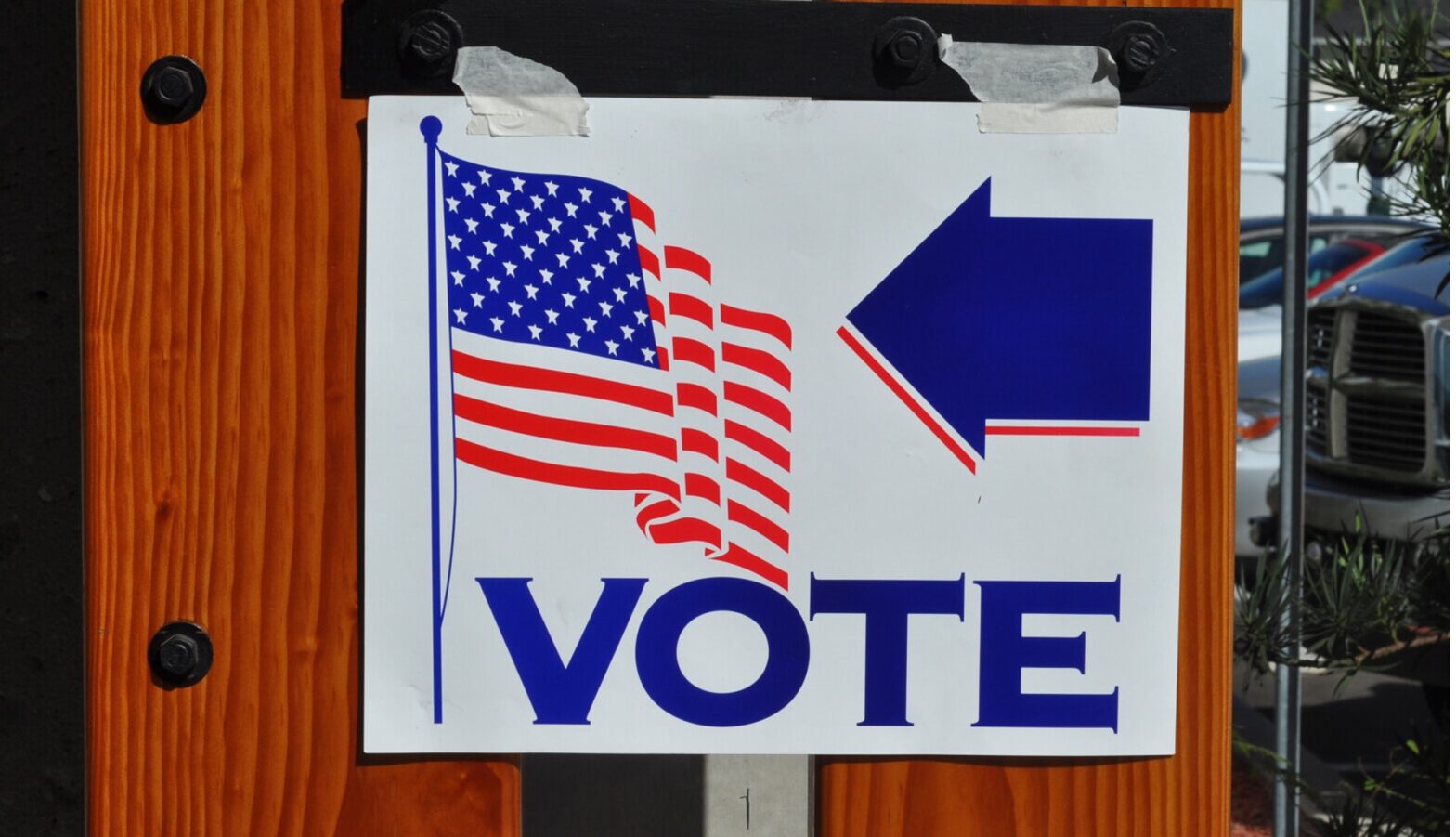Conservatives would be wise to push for a bolder plan that addresses the conflation of political and charitable causes—and clearly defines what constitutes legitimate charitable goals. That’s the only way to ensure philanthropy doesn’t lose all credibility and become completely politicized. Let’s focus on what really matters.
This article, republished with permission, originally appeared in The Chronicle of Philanthropy on March 19, 2021.
A new proposal to pull more money out of private foundations and donor-advised funds and hand it to charities drew the immediate ire of conservatives, inside and outside of philanthropy. Elise Westhoff, CEO of the conservative Philanthropy Roundtable, called the tax–code changes proposed by philanthropist John Arnold and Boston College law professor Ray Madoff a “solution in search of a problem” that “would stifle charitable giving when it is most needed.”
As veterans of conservative and centrist philanthropy, we believe that this opposition is wrong-headed and shortsighted. Rather than resist the modest changes to the tax code proposed by Arnold and Madoff, conservatives should see them as the first step toward retooling a philanthropic world that has become too politicized and self-interested.
The plan, known as the Initiative to Accelerate Charitable Giving, has three key components, none especially earthshaking.
First, it would bar foundations from counting family member salaries and travel expenses, as well as grants to donor-advised funds (known as DAFs), toward the 5 percent in assets they are required to pay out annually.
Second, the plan would require that those giving to DAFs use the contributed money within 15 years or only receive the charitable deduction when the money is given to an approved nonprofit. Right now, the money can sit in a DAF indefinitely, and the donor receives a charitable deduction even if the funds aren’t immediately used for charitable purposes.
Finally, the Arnold-Madoff plan would allow all taxpayers to receive tax deductions for their charitable contributions even if they do not submit an itemized tax form. This change would help the majority of Americans who give to charities without receiving any tax relief. It would also, in theory, expand total donations and the number of givers by providing a simple incentive for charitable giving.
Far more radical plans were proposed in the last year, requiring substantially more donations from foundations and DAFs and greater transparency. Conservative donors, however, apparently consider the Arnold-Madoff proposal an attack on philanthropy—especially philanthropy that supports right-of-center causes.
The right to regulate
The Philanthropy Roundtable, the most prominent platform for conservative donors, is particularly outspoken in its condemnation of this innocuous plan. Westhoff charges that any new DAF regulations diminish their attractiveness to donors and consequently reduce the resources available to charities. She calls the proposed prohibition of foundation grants to DAFs an attack on philanthropic privacy, noting that because DAFs don’t have to report their contributions, private foundations can use them to fund unpopular or controversial organizations and movements.
Westhoff takes particular umbrage at the notion that the salaries and expenses of family members who work for the foundation should not count toward the payout requirement. She suggests that the regulation would discourage the creation of new foundations and threaten family participation in existing ones.
These criticisms are wrong-headed on several levels. The Arnold-Madoff plan only affects those donors who want to claim tax deductions for contributions to foundations or DAFs. Foregoing the deduction allows foundation leaders to give away their money in any way they wish and hire a favorite nephew to manage it if they are so inclined.
The federal government, however, has the right to regulate the activities of those who choose to claim the deduction in exchange for giving them a tax break. Philanthropic freedom is not an untrammeled right in this compact. It is limited by what politicians and regulators believe is appropriate.
The Philanthropy Roundtable also takes the peculiar position that somehow foundations should have the right to avoid the payout requirements and transparency demanded by the current regulations by giving their money to DAFs. This is an awkward stance. In essence, Westhoff is arguing that accepting the regulations attached to the tax deduction is fine, provided foundations can circumvent those regulations by donating to DAFs.
Similarly, the argument that individuals should be able to collect salaries and other benefits from institutions they or other family members created seems reasonable only because this sort of double-dealing is so common. Is a substantial tax break not sufficient incentive to create a foundation? Is it necessary to include the possibility that the donor’s son or daughter might collect a paycheck, potentially for the rest of their lives, as the steward of that money? Most Americans would likely find this behavior disturbingly antithetical to the charitable spirit.
Shift toward political activism
Even more concerning is the shortsightedness of the positions taken by the Roundtable at a time when the boundary between charity and politics is increasingly obscured. Conservative donors have certainly taken advantage of this confusing situation. But nothing on the philanthropic right compares with the open embrace of election-related spending in 2020 (typically described as “defending our democracy”) by the largest progressive foundations, as the most cursory glance at last year’s headlines in the Chronicle of Philanthropy attests.
This is hardly surprising to us. We have attended hundreds of foundation-related conferences over the past 30 years and have witnessed the steady drift of the field’s discourse toward ever greater emphasis on political activism, combined with an even stronger tilt to the left. If our fellow attendees doubt this, they should ask themselves: How many conservative or pro-Trump presentations did you hear at these gatherings over the past four years? And a quick scan of the wealthiest billionaires interested in shaping public policy—Marc Benioff, Jeff Bezos, Michael Bloomberg, Laurene Powell Jobs, Dustin Moscovitz and Cari Tuna, Pierre Omidyar, Tom Steyer, and Mark Zuckerberg—suggests that this ideological imbalance will only grow in the future.
By merely defending the status quo, the Philanthropy Roundtable ensures that this massive and unmatched flow of charitable dollars into progressive political activism will continue unchecked. Rather than wasting their breath opposing the Arnold-Madoff plan, conservative donors should focus on reinstating a sharp line between charitable and political giving.
Drawing that line was one of the primary intentions of the Tax Reform Act of 1969, which introduced a strong prohibition against private foundations engaging in partisan activities. The public has tolerated the unprecedented growth of philanthropic wealth since then, largely because the law stipulated that the money could not be used to influence electoral outcomes. If donors on the left or right now wish to deploy charitable dollars toward political ends, they can always lobby to change that provision. But until then, it remains the law—albeit a law openly flouted by partisan activists.
In lieu of establishing a clear demarcation between charity and politics, responsible conservative philanthropists should support all efforts to diminish the power of wealthy donors who see philanthropy as simply politics by other means. They should applaud any proposals to make foundations and DAFs more accountable and transparent.
The Arnold-Madoff plan is a start in that direction. But conservatives would be wise to push for a bolder plan that addresses the conflation of political and charitable causes—and clearly defines what constitutes legitimate charitable goals. That’s the only way to ensure philanthropy doesn’t lose all credibility and become completely politicized. Let’s focus on what really matters.



